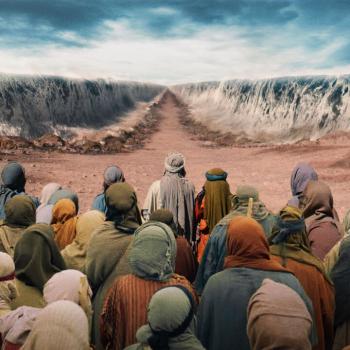 George Kalantzis & Gregory W. Lee
George Kalantzis & Gregory W. Lee
Christian Political Witness
Downers Grove, IL: IVP, 2014.
Available at Amazon.com
Reviewed by Graham S. Scott
Christian Political Witness is a fascinating collection of essays extending from the 23rd Wheaton Theology Conference (April 2013), whose theme was the relationships between the Christian faith, the church, and the wider world.
The twelve essays provide contributions from eleven United States-based academics, two of whom are women, representing a range of universities, colleges, and seminaries. The twelfth contribution is from David Gitari, a Kenyan Anglican Archbishop. The diversity represented is a strength of the collection, though as a reader there is always the desire to see a richer representation of women academics and voices from the non-Western church. Contributors include:
- Stanley Hauerwas
- Mark Noll
- Scot McKnight
- Timothy G. Gombis
- George Kalantzis
- Jana Marguerite Bennett
- William T. Cavanaugh
- Peter J. Leithart
- Daniel M. Bell Jr.
- Jennifer M. McBride
- David P. Gushee
- Bishop David Gita
Hauerwas’ essay maps out a theological foundation for the volume. If the Christian community is going to be more than an interest or lobby group, then it is clear that Hauerwas’ central conviction is that like Christ’s incarnation, the church’s activity is in and for all the world, and thus inherently political. As might be expected, indeed hoped, Hauerwas issues a strong reminder that the church in its foundation is called apart to resist the ways that the Western nation state has become ‘religion’. He writes that the state has become an extremely effective sacrificial agent able to mobilize its populations to make sacrifices to sustain its existence as an end in itself. The nation-state, therefore, has stepped into the place of religious belief, offering the individual the possibility of transcending one’s finitude. War becomes the act of sacrifice by which the state sustains the assumption that though we die it can and will continue to exist without end.
The community of God, however, is called to live in the light of the politics of Jesus. ‘Politics’ from the Greek politikos meaning ‘of or for the citizens, or people’, and certainly the affairs of daily human existence and life is something that Jesus spoke into. Thus we can rightly speak of Jesus’ politics.
There is a remarkable concordance within the volume. The identity of the church as martyr, powerless, suffering, and repentant is invoked in many of the essays. The church’s model of engagement with the world is not as a powerful and wealthy lobby group, but rather is as a humble servant of a holy God. Freely acknowledging its own sin and folly, a repentant heart saves the church from its self-righteous condemnations of others in our culture. And through repentance, the church demonstrates that confession and forgiveness are possible – and this perhaps is the most radical and transforming act that the church can offer the world around it.
This volume was a welcome read in light of political tensions felt within the Australian context, as well as the ironic complaints about President Barack Obama’s comments at the national prayer breakfast on the unfortunate role that the church and the invocation of holy Scripture have played in Western history; and particularly, in the United States of America’s oppression of its minorities. Readers from a variety of disciplines and backgrounds will find something to stimulate further reflection. Biblical studies and Church history students will find Christian Political Witness a worthwhile resource when faced with essays on power/authority or the relationship between the church and state.















